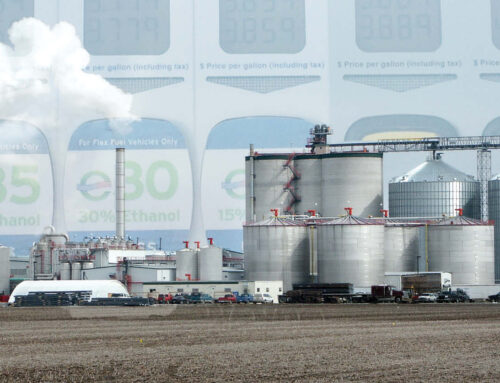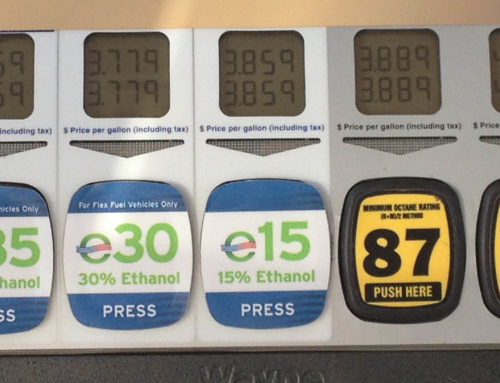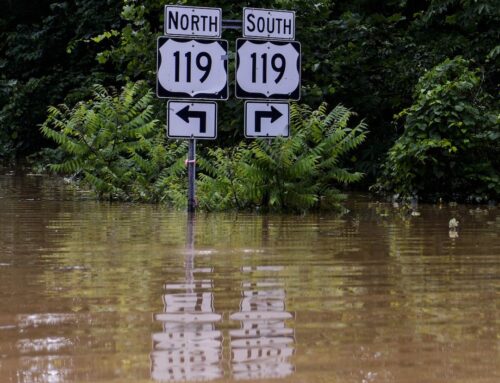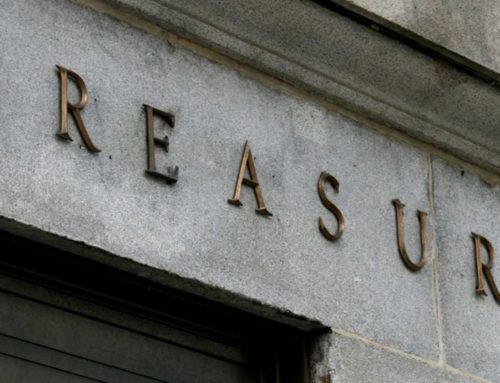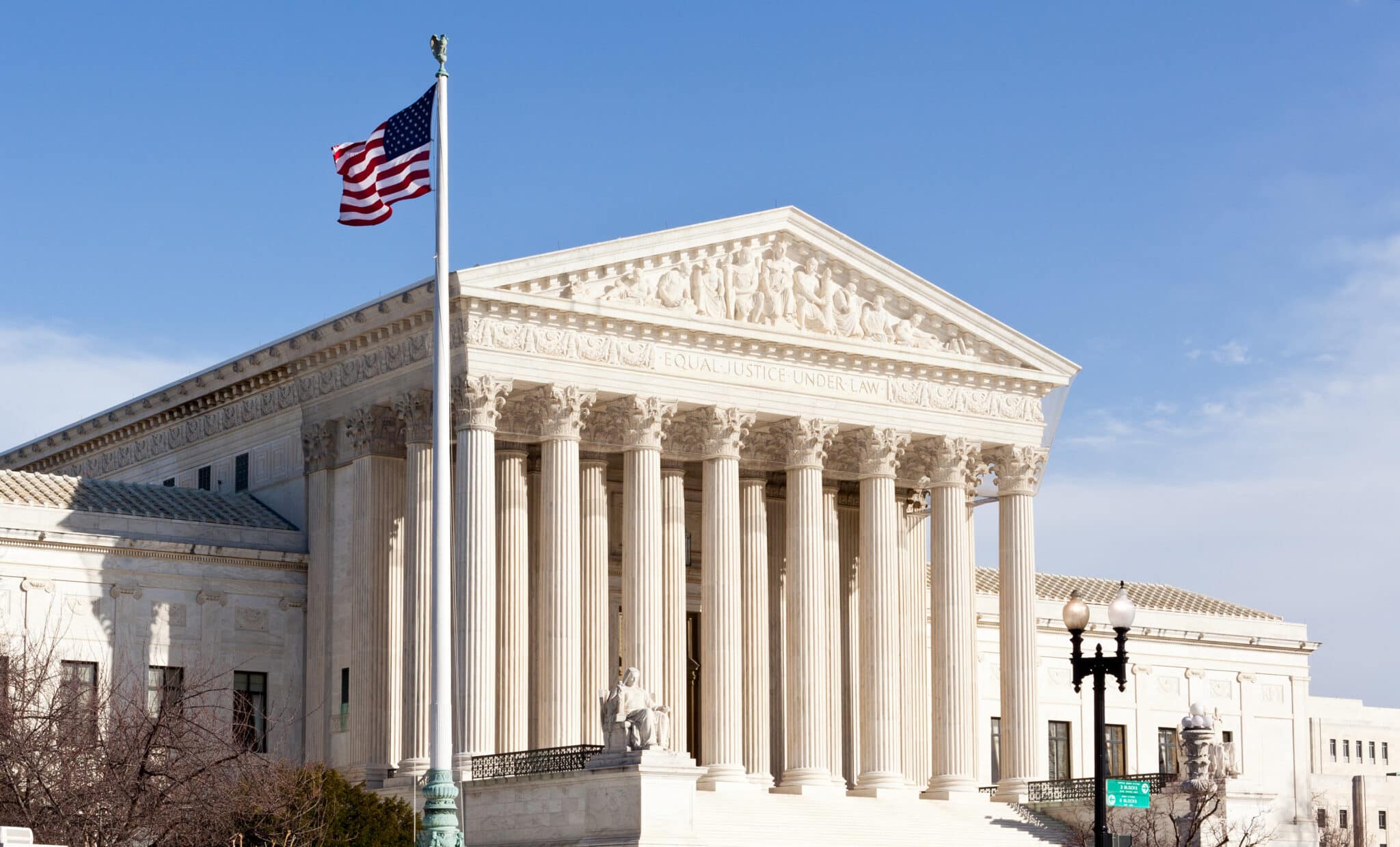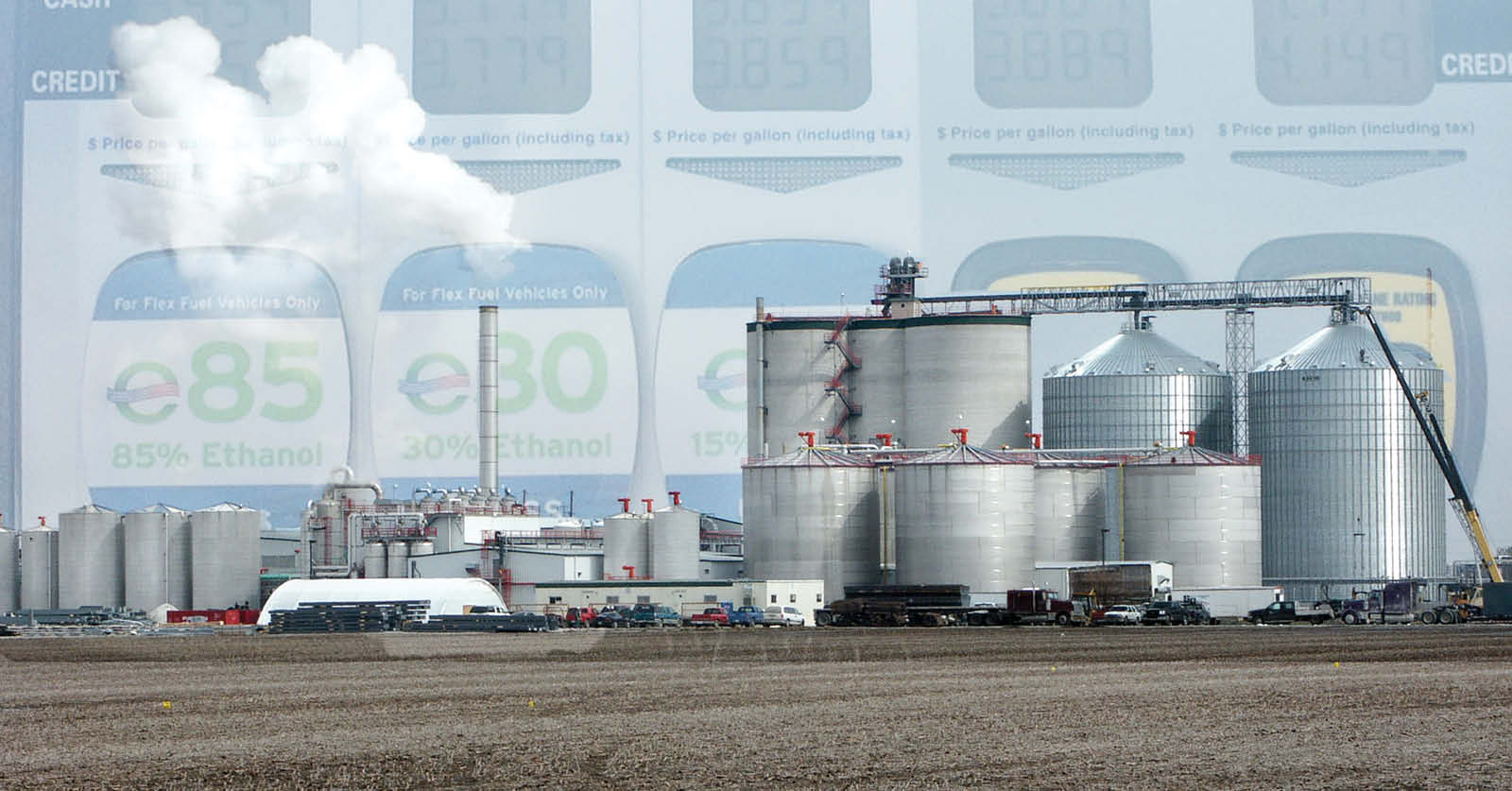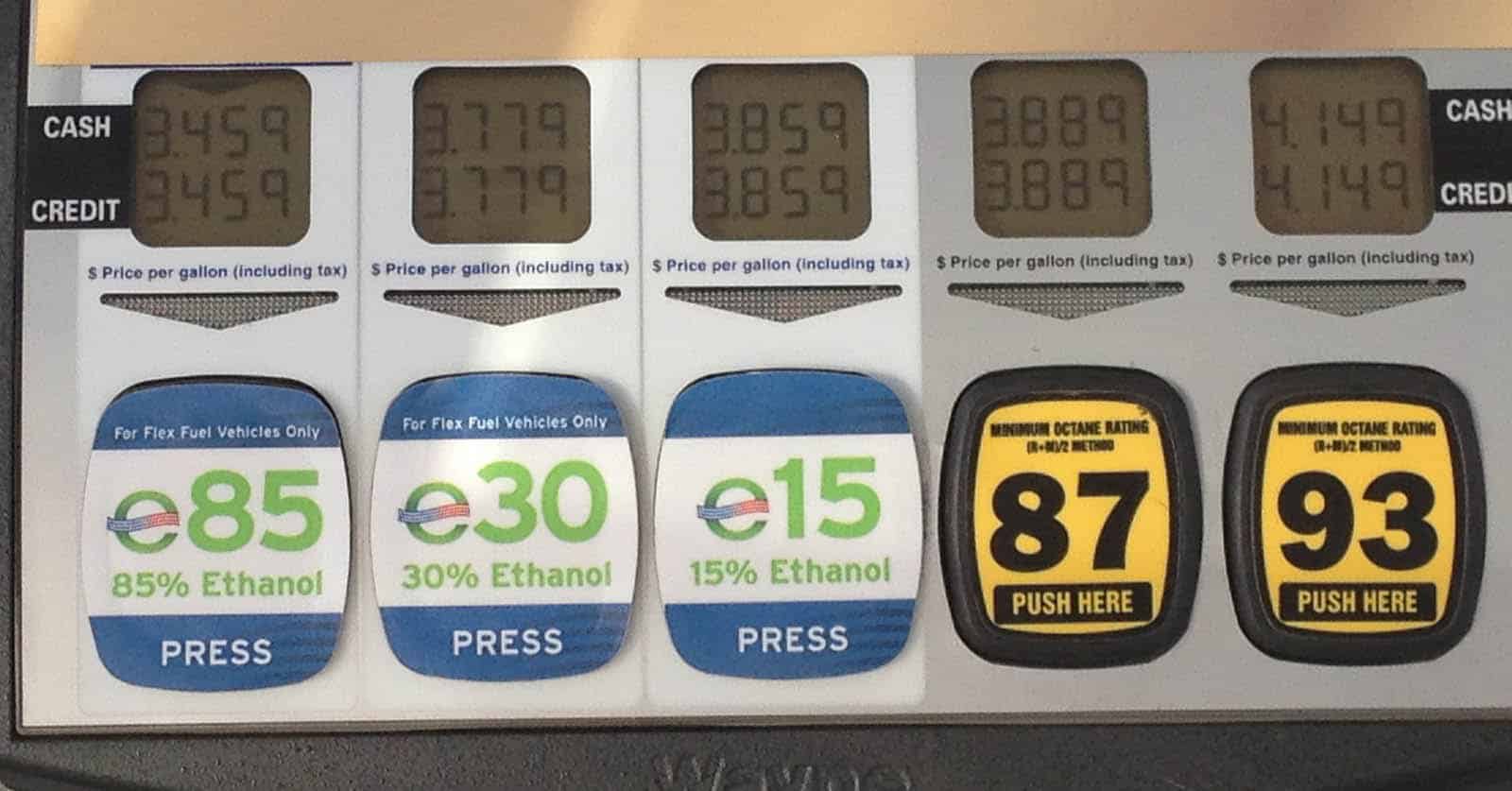October 21, 2025
Dear Member of the Senate Agriculture Committee,
Taxpayers for Common Sense Action (TCS Action) is pleased to see the Senate Agriculture Committee considering legislation that addresses increasing wildfire costs and risks. The Fix Our Forests Act (S. 1462) presents a timely opportunity to recalibrate federal wildfire policy and spending in a way that protects taxpayers and communities.
As wildfire seasons grow longer and more severe, it is clear that our nation’s approach to wildfire risk must evolve. Wildfires are no longer rare, catastrophic events—they are a persistent and growing threat, exacerbated by decades of policy decisions that have left both our communities and the federal budget vulnerable. At Taxpayers for Common Sense Action, we are dedicated to ensuring that every tax dollar spent on wildfire management provides real, lasting value: protecting lives, property, and the public purse.
History and data show that the best return on taxpayer dollars comes from investments made before disaster strikes. For decades, wildfire management has centered on suppression and forest treatments. But as housing development pushes closer to forests and grasslands, these strategies are proving inadequate for addressing the unique risks of the wildland-urban interface (WUI).
Studies have shown that upfront federal investments in wildfire mitigation at the WUI save communities threefold in avoided losses.[i] Yet, TCS research found that, historically, only 17% of federal wildfire appropriations have been allocated to mitigation—and an even smaller percentage has been dedicated to the built environment.[ii]
The Fix Our Forests Act takes meaningful steps to address this imbalance. Provisions in the bill that focus on protecting communities and defensible spaces (Secs. 201, 202, and 204) align with our recommendations to improve resilience and reduce vulnerability.
Decades of suppressing all fires have left forests overgrown and primed for megafires, with devastating fiscal and ecological consequences. Fortunately, there is a growing recognition that fire is a natural and necessary part of healthy ecosystems. The Fix Our Forests Act’s support for prescribed fire (Secs. 131–136) is grounded in science and the lessons of the past. When used wisely, prescribed burns reduce hazardous fuels, restore ecological balance, and save money by preventing catastrophic events.
There is an alarming lack of transparency in how federal wildfire dollars are spent. Billions have been appropriated through the Infrastructure Investment and Jobs Act and the Inflation Reduction Act, on top of growing annual appropriations, but tracking outcomes is often impossible due to fragmented reporting and vague program goals.
TCS has called for reforms: standardized definitions, cross-agency budget tracking, and outcome-based metrics. Without them, we risk repeating past mistakes—spending more but not spending smarter. The Fix Our Forests Act moves the needle on transparency by increasing publicly available data on wildfire activities and spending (Secs. 103 and 302).
The bill also takes practical steps to break down bureaucratic silos, improve coordination, and make it easier for communities—especially those at greatest risk—to access federal resources (Secs. 102 and 201). The complexity of federal wildfire programs often leaves communities confused and under-resourced, while dollars flow to programs that may not align with local needs.
Federal spending and programs must be accountable, cost-effective, and targeted to where they matter most—where people and property are at highest risk. When transparency, accountability, and oversight are sidelined, resources may be kept from where they are needed or even create new liabilities.
As stewards of taxpayer dollars, we urge Congress to avoid repeating past mistakes and ensure that every dollar spent reduces risk and protects communities.
Sincerely,
Steve Ellis
[i] Porter, K. “Natural Hazard Mitigation Saves.” National Institute of Building Sciences. FEMA, December 2019. https:// www.nibs.org/projects/natural-hazard-mitigation-saves-2019-report.
[ii] Taxpayers for Common Sense, “Topline Analysis for the Wildfire Spending Database: FY2015-2024,” October 2024. https://tcsdatabases.net/wildfire/topline-analysis/


